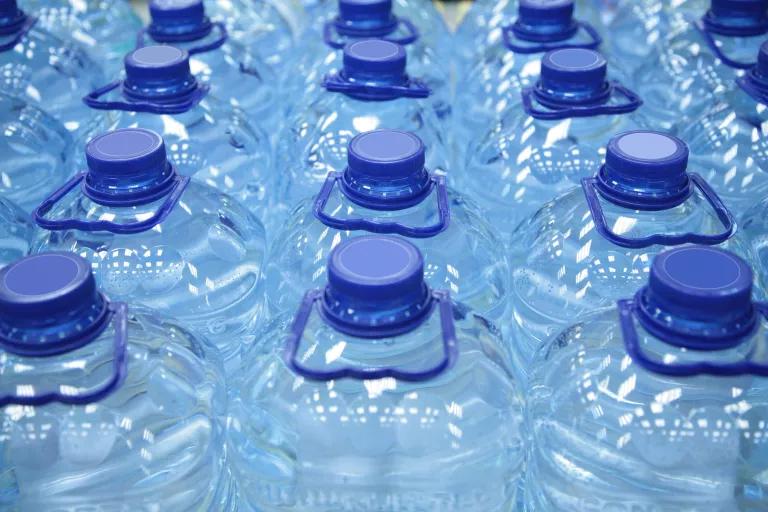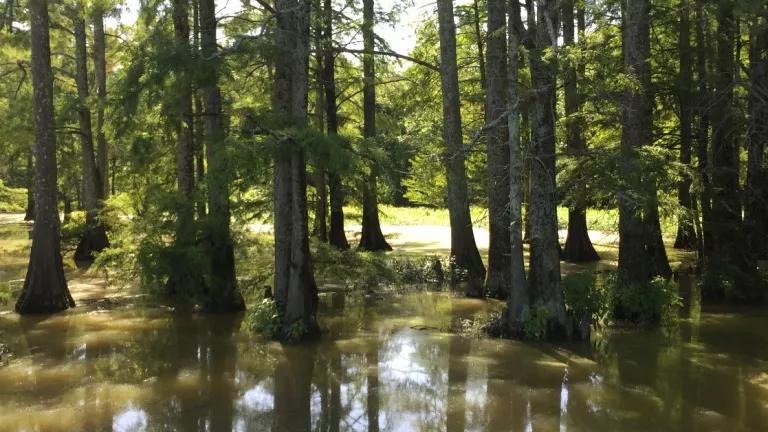More Than 2 Weeks, No Safe Water in Jackson, Mississippi
Residents of Jackson are fed up, living without safe water for more than 2 weeks. Here's what needs to happen to fix the problem.

The water crisis in Jackson, Mississippi is in its third week; thousands of mostly Black residents still don’t have safe drinking water and those that do are under a boil water alert. The storm and cold snap that initially triggered the emergency is long gone, but the disastrous aftermath continues. The Jackson fiasco hasn’t received a fraction of the press attention that the Texas disaster has, and frustrated residents are asking when the nightmare will be over. I have to ask, what if this were a large wealthy White community—would prompt restoration of safe water supplies have been an immediate top state and federal priority? Would there be massive political repercussions if it weren’t?
Perhaps it shouldn’t be a big surprise that the response of state and federal authorities has been slow in Jackson, given that we know contaminated drinking water and poor government response to it is far more likely to plague Black and other communities of color. However, the problem appears to be especially stark and embarrassing in this State Capital of 154,000 people. According to press accounts, “More than a few residents have noted that the crisis has hit south and west Jackson hardest while leaving northeast Jackson, the one predominantly white corner of this 80 percent Black capital city, relatively unscathed.”
While the Acting Mississippi Governor declared a State of Emergency for the whole state in anticipation of the storm’s arrival , it’s not clear that the Governor has requested a federal disaster declaration, which would free up federal emergency assistance like immediate federal funding and technical support to ensure alternative water deliveries and emergency infrastructure repairs. If Mississippi Governor Tate Reeves hasn’t made such a request, then he has determined the state has the resources to fix the problem. But more than two weeks into this crisis, reliance solely on state resources clearly appears inadequate. It seems urgent to get additional federal resources to Jackson and the state through a Presidential disaster declaration. President Biden has issued emergency or disaster declarations for Texas on 2/20 and 2/14, for Louisiana on 2/18, and for Oklahoma on 2/24 and 2/18. It’s time for an all-hands-on-deck response in Jackson.
There certainly are larger, longer-term issues at play in Jackson and across much of the country, where low-income communities and Black and other communities of color are suffering disproportionately from bad water service. For example, well before the current crisis in Jackson, the city was reporting lead in drinking water levels that were among the highest in U.S. cities, well above EPA’s lead action level. These recurring water problems are largely due to long-term disinvestment in many communities, and inadequate local, state and federal investment in our water infrastructure across much of the country.
The situation in Texas and across the South in the wake of the recent cold snap and storm is a wake-up call that many already deeply-troubled water systems are being even more severely threatened by climate change. Water supplies across the country are at risk of calamitous failure due to extreme storms, drought, wildfires, and other effects of changes to the water cycle. As discussed at greater length earlier, we must address these immediate and longer-term threats to our water infrastructure and supplies with major investments, including a significant expansion of federal funding in upcoming Reconciliation and infrastructure legislation.
But the need for long-term solutions is no excuse for what’s happening now in Jackson. It’s long-past time for the federal government to step in and help to fix the problem.




